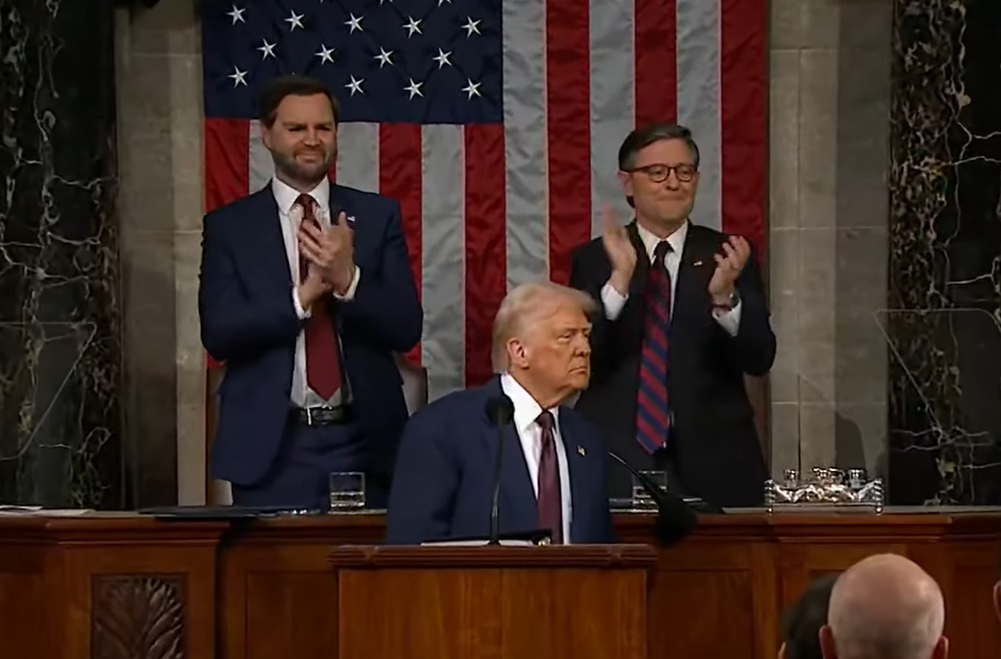Monica Lewinsky has once again resurfaced in the political conversation, this time declaring that former President Bill Clinton should have resigned over their infamous affair. In a recent interview on the “Call Her Daddy” podcast, Lewinsky claimed that had Clinton stepped down from office, it would have set a precedent for accountability. But in making this claim, she conveniently overlooks her own role in the scandal that rocked the White House in the late 1990s.
Lewinsky, who was a 22-year-old White House intern at the time, has spoken at length about the ways in which the scandal impacted her life. She faced public humiliation, relentless media scrutiny, and personal hardship. Yet, her recent remarks seem to suggest that only Clinton should bear the weight of responsibility for the affair.
While Clinton’s actions were undoubtedly unethical, Lewinsky was not a passive participant. It takes two to engage in an affair, and while she was young, she was also a consenting adult. The idea that Clinton alone should have suffered the ultimate political consequence, while Lewinsky continues to shape her public persona around the scandal, raises questions about selective accountability.
Clinton has admitted wrongdoing, called his actions indefensible, and has faced years of criticism, impeachment, and historical infamy. Meanwhile, Lewinsky has rebranded herself as an anti-bullying activist and public speaker, often using her past as a central theme of her narrative. But should she not also acknowledge her own mistakes rather than placing the entirety of the blame on Clinton?
There is no doubt that the power dynamics at play made the affair problematic. Clinton, as the President of the United States, was in a position of authority, which adds complexity to the situation. However, reducing the entire scandal to a one-sided story ignores the nuances of personal choice and accountability.
Lewinsky’s latest remarks may resonate with those who believe in holding leaders accountable, but the selective memory of personal responsibility remains an issue. If true accountability is the goal, perhaps it is time for a more balanced conversation—one that acknowledges mistakes on all sides rather than conveniently rewriting history to fit a single narrative.





